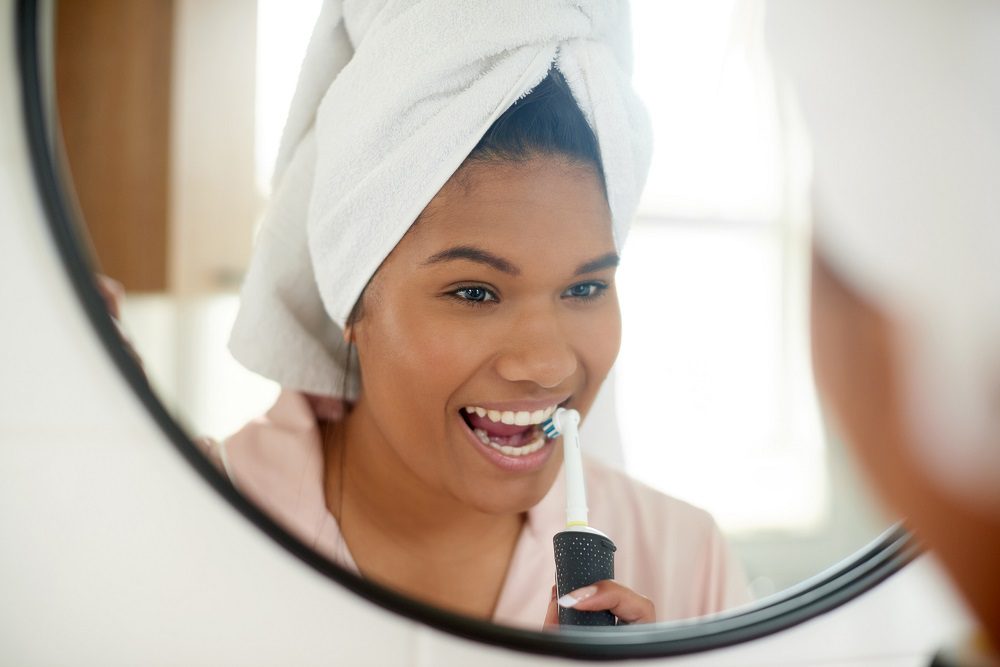For most patients, getting a new dental restoration comes with a lot of uncertainty. Depending on why you need a dental crown in Gaithersburg, MD, you may have to alter your oral hygiene routine or chewing habits. While crowns are designed to be durable, they can still suffer damage. And, if they are restoring a natural tooth, that tooth could also still suffer from plaque and tartar. The first 24-48 hours are typically the most crucial as your crown continues to settle. But continuous care and attention are key to extending your crown’s life.

Taking Care of a Dental Crown in Gaithersburg, MD
When caring for a new dental crown, it can be easy to be overly protective. In general, it is better to err on the side of caution. However, most patients are surprised to know that they can often enjoy many of the foods and drinks they love with a dental crown. As long as you maintain good oral hygiene and avoid improper chewing habits, your crown could last up to fifteen years before needing to be replaced.
Do Eat a Balanced Diet
Maintaining a balanced diet is a great way to keep your teeth strong and healthy. Foods high in minerals, especially calcium, could help strengthen the enamel of your teeth. It’s also a good idea to eat foods that help produce saliva. Saliva acts as a natural defense against plaque in your mouth. Sucking on a sugar-free lollipop, for example, could help increase saliva flow and improve your oral hygiene.
Don’t Chew on Hard or Gummy Foods
Your dental crown can withstand normal biting pressure. However, there are some foods to avoid, especially early on. Chewing on hard foods or surfaces (such as ice or the end of a pen) could lead to a crack or fracture in your crown. Gummy substances may not cause damage, but they could loosen the binding of your crown and cause it to loosen or even fall off. It’s best to pay attention to how you chew and try to avoid using your crown for hard or gummy foods.
Do Brush and Floss Twice a Day
Brushing and flossing your teeth twice a day is one of the best ways to prevent decay or damage. Even though a dental crown isn’t as susceptible to plaque as your natural teeth, you still need to keep the area clean. If you have a crown over a natural tooth, it could still be affected by plaque buildup. And the gums and neighboring teeth also need to be kept clean. Brushing and flossing twice a day could help ensure your teeth and crown stay strong.
Don’t Floss Up and Down
While you can usually brush and floss as you normally would, it is important to take care of how you floss. Pulling up on the floss between your teeth could sometimes cause the crown to loosen or pop off. Instead, thread the floss between your teeth and pull it through, not up. This could help prevent the need to reset your crown.
Do See a Dentist Regularly
With a dental crown, it’s important to maintain routine visits to the dentist. At Totally Smiles Dental Group, we work hard to keep your natural teeth and restorations clean and healthy. Call us today at 301-701-5861 to schedule an appointment and learn more about caring for your new dental crown.
